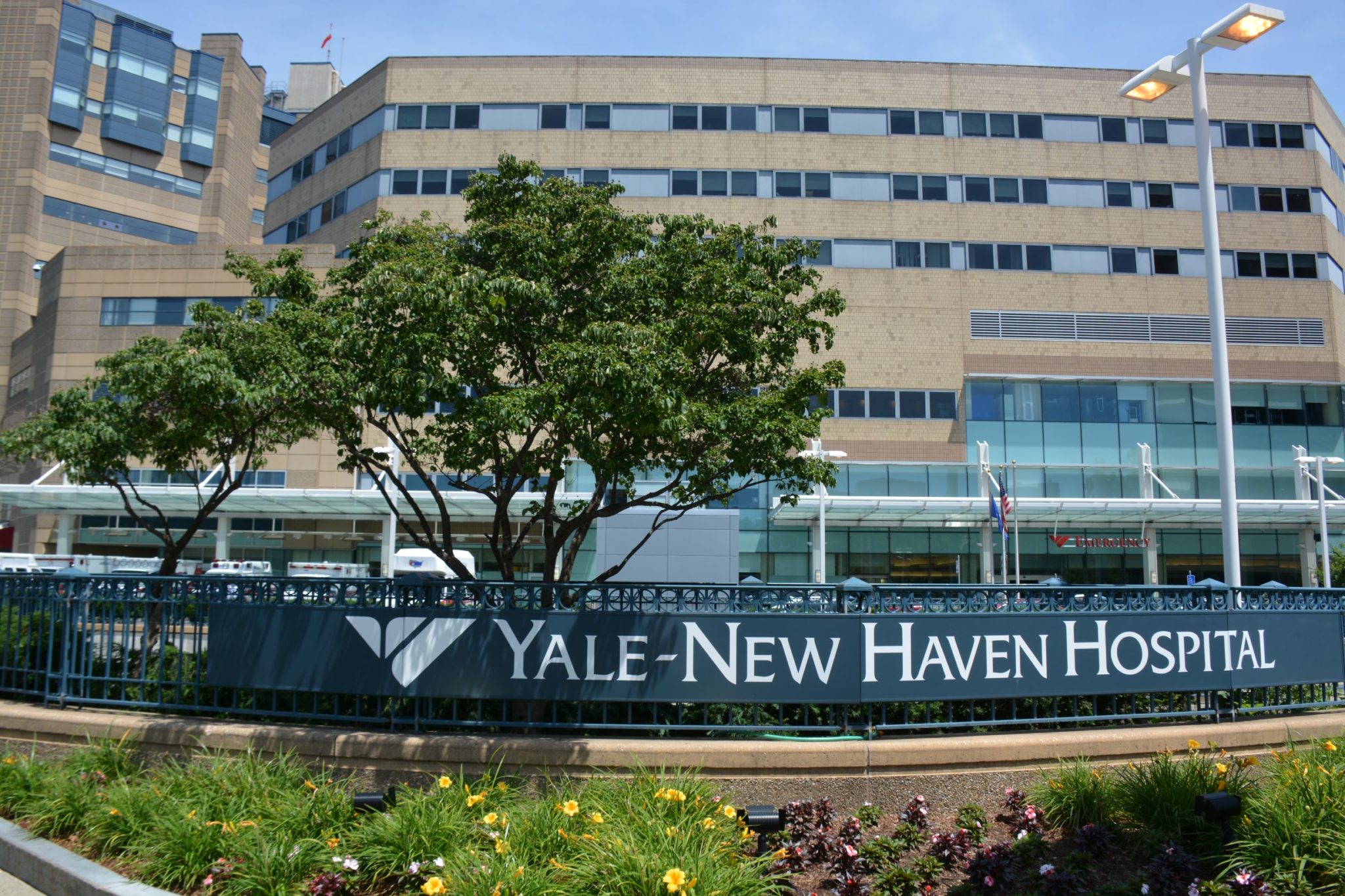
Schirin Rangnick
As Yale New Haven Hospital treats an ever-growing number of COVID-19 patients, doctors have noticed a dramatic decrease in non-coronavirus emergencies.
At YNHH, the number of stroke patients has dropped by between 60 and 80 percent in the past month, and the number of heart attack patients has decreased by more than 40 percent. Doctors cannot definitively explain the change, but told the News they fear people are avoiding the hospital due to concerns of catching the coronavirus. This dynamic could mean that the virus’ indirect death toll is far higher than current numbers.
“The concern first and foremost is that people are suffering at home and some people may even be dying at home and then that might even be something that could have been preventable,” Harlan Krumholz, cardiology professor, told the News.
The trends seem to spread far beyond New Haven. In an article by Krumholz in the New York Times, he cited an informal Twitter poll of cardiologists where approximately half of respondents noted a 40 to 60 percent drop in admissions for heart attacks, and about 20 percent reported more than a 60 percent drop.
Doctors have posited a number of theories as to why this change may be occurring, but none can explain the scale of the drop. Kevin Sheth, neurology professor, suggested that social distancing preventing people from going out may inadvertently make them avoid salty foods or excessive alcohol intake — two risk factors for strokes. Krumholz added that less air pollution may have also contributed to a reduction in the number of heart attacks.
“Some people have even said there’s less stress, which is hard to believe since it seems like a stressful moment,” Krumholz said.
He added that these factors alone likely could not account for the dramatic change. Anecdotal evidence suggests that people are staying home from hospitals even while suffering from life-threatening health conditions.
“A 40 percent drop is huge — it seems hard to believe,” Krumholz said. “On the other hand it seems hard to believe that people who have crushing chest pain would stay home and not come to the hospital … so we’re trying to piece this together.”
Sheth and Krumholz noted that both stroke and heart attack treatments become far less effective if patients delay coming to the hospital. Sheth explained that when patients suffer a stroke, the doctors try to break up the blood clot or mechanically restore blood flow to stop the damage, but they cannot repair the lost brain tissue.
“With every passing minute, you’re literally losing millions of neurons,” Sheth said about strokes. “The longer you wait, the more brain tissue is irreversibly harmed.”
Krumholz added that some heart attack treatments — such as restoring blood flow to a blocked artery — become almost ineffective if patients wait too long to go to the hospital.
The doctors urged people to seek treatment if they develop stroke or heart attack symptoms, noting that hospitals are prepared to separate them from COVID-19 patients
“We have more than enough capacity,” Sheth told the News. “The YNHHS takes well over 1000 or 1500 stroke admissions every year.”
The reduction in the number of heart attack patients has prompted YNHH to convert its cardiac care unit to a makeshift COVID-19 treatment area. Though the hospital is still prepared to treat emergency patients, it has focused its medical personnel and supplies on combating COVID-19.
YNHH is working with federal, insurer and individual health system databases to better understand the change.







